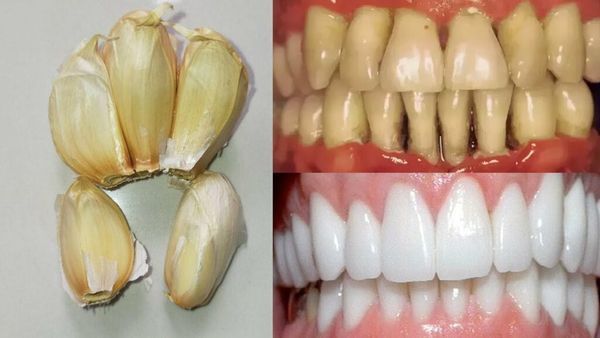Your mouth is home to millions of bacteria, and while some are harmless, others can cause bad breath, gum disease, or tooth decay. Expensive mouthwashes and treatments aren’t the only solutions—garlic, a kitchen staple, has been used for centuries to fight infections and boost oral health. This natural remedy is affordable, easy to use, and backed by science.
Why Garlic Works for Oral Health
Garlic contains a compound called allicin, which has strong antibacterial and antifungal properties. Studies show it can kill harmful bacteria like Streptococcus mutans, a major cause of cavities. Garlic also reduces inflammation, helping soothe sore gums. Unlike chemical-based products, it works without disrupting the balance of good bacteria in your mouth.
Key Benefits of Using Garlic
Using garlic for oral health can:
- Fight bad breath by targeting odor-causing bacteria
- Reduce gum swelling and bleeding
- Prevent plaque buildup
- Lower the risk of cavities
- Act as a natural alternative to alcohol-based mouthwashes
Ingredients and Their Benefits
| Ingredient | Benefits |
|---|---|
| Raw garlic (1 clove) | Kills bacteria, reduces inflammation |
| Coconut oil (1 tbsp) | Moisturizes gums, fights microbes |
| Raw honey (optional, 1 tsp) | Soothes irritation, adds antibacterial action |
| Turmeric (optional, ½ tsp) | Reduces gum inflammation |
| Apple cider vinegar (optional, 1 tsp) | Balances mouth pH |
How to Use Garlic for Oral Health
- Crush a garlic clove to release allicin. Let it sit for 1-2 minutes.
- Mix with coconut oil (and optional ingredients like honey or turmeric) to form a paste.
- Apply gently to gums using a clean finger or soft toothbrush. Let it sit for 2-3 minutes.
- Rinse thoroughly with water. Optionally, swish diluted apple cider vinegar afterward.
- Repeat 2-3 times weekly for best results.
Remember
Garlic is powerful, so use it in moderation. Overuse may irritate sensitive gums. If you experience burning or redness, stop immediately. While garlic fights bad breath, its strong odor might linger—chew fresh parsley or mint afterward. Always consult a dentist if you have severe pain, infections, or bleeding gums, as natural remedies shouldn’t replace professional care.

